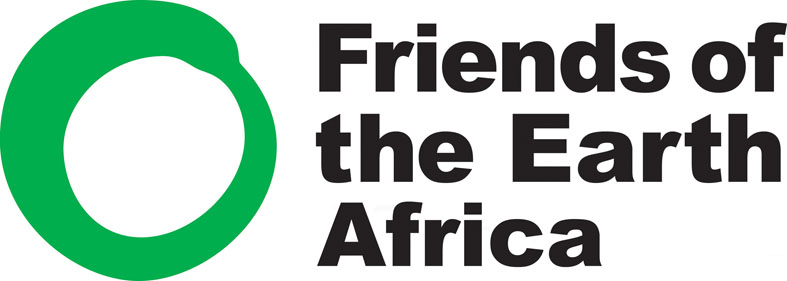Friends of the Earth Africa Statement in Solidarity with Palestine
On May 15th, the world will mark the 77th anniversary of the Nakba – Arabic for “catastrophe” – which commemorates the mass displacement of over 700,000 Palestinians following the 1948 establishment of the State of Israel. Backed by the UN Partition Plan, Israel was carved out of historic Palestine without the consent of its indigenous Arab population. The plan disproportionately favored the Jewish minority, leaving the Palestinian majority dispossessed and stateless. Villages were erased, families uprooted, and a refugee crisis began – one that continues to this day. The Nakba was not a one-time event but the start of an ongoing campaign of displacement, occupation, and apartheid.
Environmentally speaking, Israel’s military aggression has also perpetrated widespread ecocide – the systematic destruction of the natural ecosystem. Farmlands have been decimated, olive groves razed, water sources polluted, and essential infrastructure destroyed. The blockade prevents Palestinians from managing waste, accessing clean water, and farming – violating their right to a healthy environment. This environmental devastation is not collateral damage, it is part of a broader strategy targeting both people and ecosystems.
Since the Tufan Al-Aqsa Operation of October 7th 2023, Israel’s systematic campaign of displacement, occupation, and terror has gained a new and horrifying sense of determination. Israel has launched a relentless and disproportionate military offensive, making the ongoing genocide blatant and stripping any remaining pretense of restraint. The scale and brutality of the attacks have left no doubt as to Israel’s intent, as entire communities in Gaza have been subjected to indiscriminate airstrikes, forced displacement, and collective punishment. The deliberate targeting of civilian infrastructure – hospitals, schools, and even refugee camps – reveals a systematic effort not only to crush any form of resistance but to erase a people, their history, and their future. What was once a covert occupation has now been exposed for what it truly is: a violent campaign of ethnic cleansing.
Despite international outcry, ceasefire calls have been ignored or exploited. Aid convoys have been blocked or attacked, truces violated, and destruction continues with impunity. Gaza faces famine, mass displacement, and the obliteration of entire communities.
Meanwhile, the Global North – especially the U.S., Germany, and the U.K. – continues to offer Israel political cover, military aid, and diplomatic immunity. Others, including much of the EU and key international bodies, remain silent. Their complicity, active or passive, enables this catastrophe.
The Global South knows the pain of colonialism and displacement. As Africans, we see echoes of our own struggles in the Palestinian plight – and with that recognition comes responsibility. Our solidarity must be stronger and more action-oriented.
Africa has long held deep historical ties with Palestine. From the anti-colonial struggles to the shared experiences of oppression, African nations have consistently supported Palestine’s right to self-determination. The African Union must remember this history, honoring the bonds of solidarity between Africa and Palestine. It is imperative for the African Union to stand firm in its commitment to justice, ensuring that the voices of the oppressed are not silenced by political expediency or economic interests.
In recent years, several African nations have strengthened their stance in support of Palestinian rights. South Africa, shaped by its own anti-apartheid struggle, has pursued legal action against Israel at the International Court of Justice. But moral leadership also requires economic accountability. As a coal supplier to Israel, South Africa should end such exports – following Colombia’s lead – to help cut off the lifeline to Israel’s war machine. An energy embargo would send a powerful message, cutting support to military aggression while reinforcing Africa’s commitment to climate justice and a just energy transition.
Other countries without direct trade ties still have a role. Economic boycotts of Israeli goods are vital. Consumers worldwide must pressure companies complicit in the occupation. Rejecting economic complicity is a peaceful and powerful form of resistance, as championed by the global BDS movement.
Africa’s resources – long exploited by imperial powers – must not be used to sustain oppression. Continental unity is essential to reclaim our power and build a future grounded in justice.
Friends of the Earth Africa stands with the Palestinian people. We call on African nations, communities, and movements to take action and help end genocide, dismantle apartheid, and demand justice and dignity for all.
Statement in French and Portuguese
